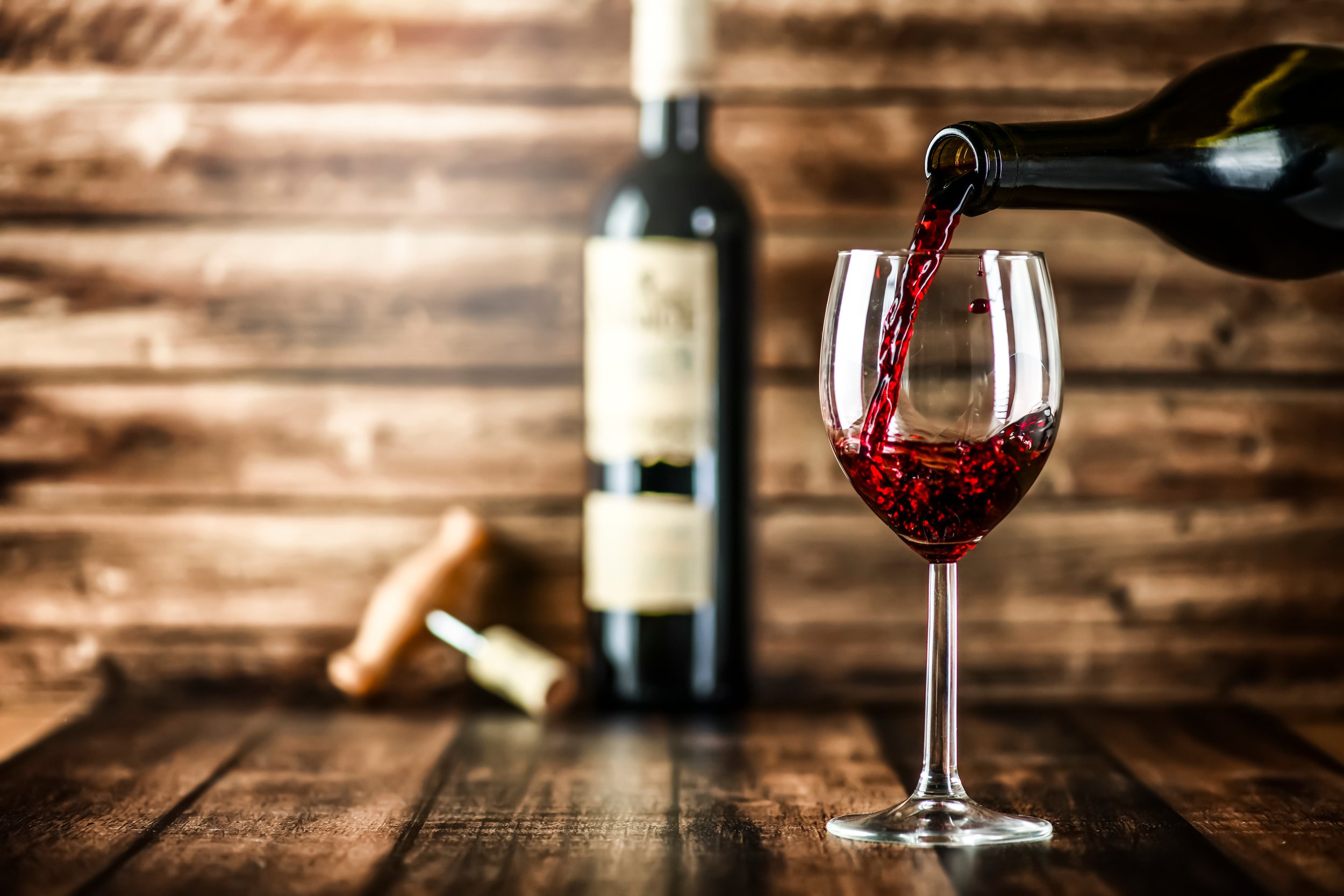Myth or Medicine: Is Red Wine good for you?
Remember when it seemed like everyone — news outlets, and of course the wine industry — advertised that a glass of red wine every day was “good for you”? This was called “The French Paradox,” where so many of us fell for the idea that red wine is indeed “good for us.” The suggestion was that light-to-moderate red wine consumption might be preventative or even protective.
And then, remember when it even went so far as to announce that lab studies conducted in yeast, worms, and mice (not humans, mind you!) yielded results that resveratrol might activate longevity genes (sirtuins), could improve insulin sensitivity, and might protect brain cells from oxidative stress and amyloid-beta accumulation–which was linked to Alzheimer’s.
Luckily a lot of literature has been published on the consumption of wine, and alcohol in general. And I am here to be the bearer of slightly bad news: all those previous findings just are not true.
Uncorking the Truth
First, the “French Paradox”, which was never researched on humans, found that resveratrol, a compound found in the skins of red grapes, blueberries, and certain nuts, had antioxidant properties meaning it can neutralize free radicals that damage cells. Turns out the amount of resveratrol is so minimal in a glass of wine it is negligible. Did you know, you’d have to drink hundreds of bottles of wine daily to match the experimental doses, which, of course, would destroy your liver and brain. Also, you’d have to drink hundreds of bottles of wine daily to match the experimental doses (which, again, of course, would destroy your liver and brain).
Second, the World Health Organization and the American Heart Association now state that no level of alcohol use is completely safe for brain or cardiovascular health. Alcohol itself is a neurotoxin and carcinogen, bottom line. Any potential benefit from polyphenols is overshadowed by the damage alcohol does to the brain, liver, and heart.
Third, for women, especially in midlife or post-menopause, the brain and liver process alcohol less efficiently, compounding the risk for disease and a list of resulting effects that make it NOT so good for women our age (I’m 58–ask me about how I feel when I have even one drink!). Even small amounts of alcohol, no matter the flavor, increase risks for breast cancer, hypertension, sleep disruption, and cognitive decline. This is especially true for women over 40.
The Glass is Actually Half Empty…
What does alcohol do to your brain? Alcohol acts as a central nervous system depressant. It slows down brain activity by changing how neurons communicate. Alcohol enhances the action of GABA (gamma-aminobutyric acid), a calming neurotransmitter. This makes you feel relaxed or less anxious.
With the increase in GABA, alcohol also suppresses glutamate, which normally excites neurons. This slows your thinking, reaction time, and coordination.
Next, alcohol increases dopamine in the brain’s reward pathway, creating pleasure and reinforcement. This is why it can feel “good” and become habit-forming. This is called “Dopamine surge”.
Last, alcohol impairs the hippocampus — the brain’s memory center — causing “blackouts” or patchy recall. Alcohol rewires the brain’s chemistry, damages its structure, and accelerates the same degenerative processes seen in Alzheimer’s disease, even at levels once considered “moderate.”
I often share the importance of sleep for longevity. Well, guess what alcohol does to sleep? It disrupts our melatonin and REM sleep, impairing brain recovery and memory consolidation. It also elevates cortisol (the stress hormone), worsening anxiety and brain-cell damage.
Redefining Your Rituals
So, how do we make sense of all this information, in a world still overwhelmingly fixated on the benefits of red wine?
First, just accept that modern research has dismantled the “red wine is good for you” narrative. Alcohol itself is a neurotoxin and carcinogen. While I’m not saying you need to stop drinking, let's not fool ourselves into believing this myth is good for us.
Red wine does contain flavonoids and tannins that theoretically have antioxidant and anti-inflammatory properties, yet again, the dose matters, and alcohol itself cancels out much of that benefit. Any potential benefit from the polyphenols that supposedly are “good for you” is overshadowed by the damage alcohol does to the brain, liver, and heart.
If you enjoy the “wind down” experience, try non-alcoholic red wine, mocktails, or adaptogenic tonics. They provide the same ritual without the neurotoxic effect. Or, just head to your bath, take a long break and practice gratitude.
Here’s the good news: your brain and body respond beautifully to care and consistency. Each time you sleep well, move your body, manage stress, and choose mindful nourishment, you’re protecting your brain’s vitality for that next chapter of life. Now, that’s something worth raising a (non-alcoholic) glass to.
Want to chat in-depth about how your habits are informing your nutrition, sleep, stress, and overall wellness? Let’s talk 1:1. Start by scheduling your FREE consultation here. Want more tips delivered to your inbox? Subscribe to my weekly newsletter. Bonus: Subscribe by November 28, and receive a free Small Business Saturday gift!
SEE ALSO: Cheers! One Reason to Switch to Tequila…and Three Reasons Not To


